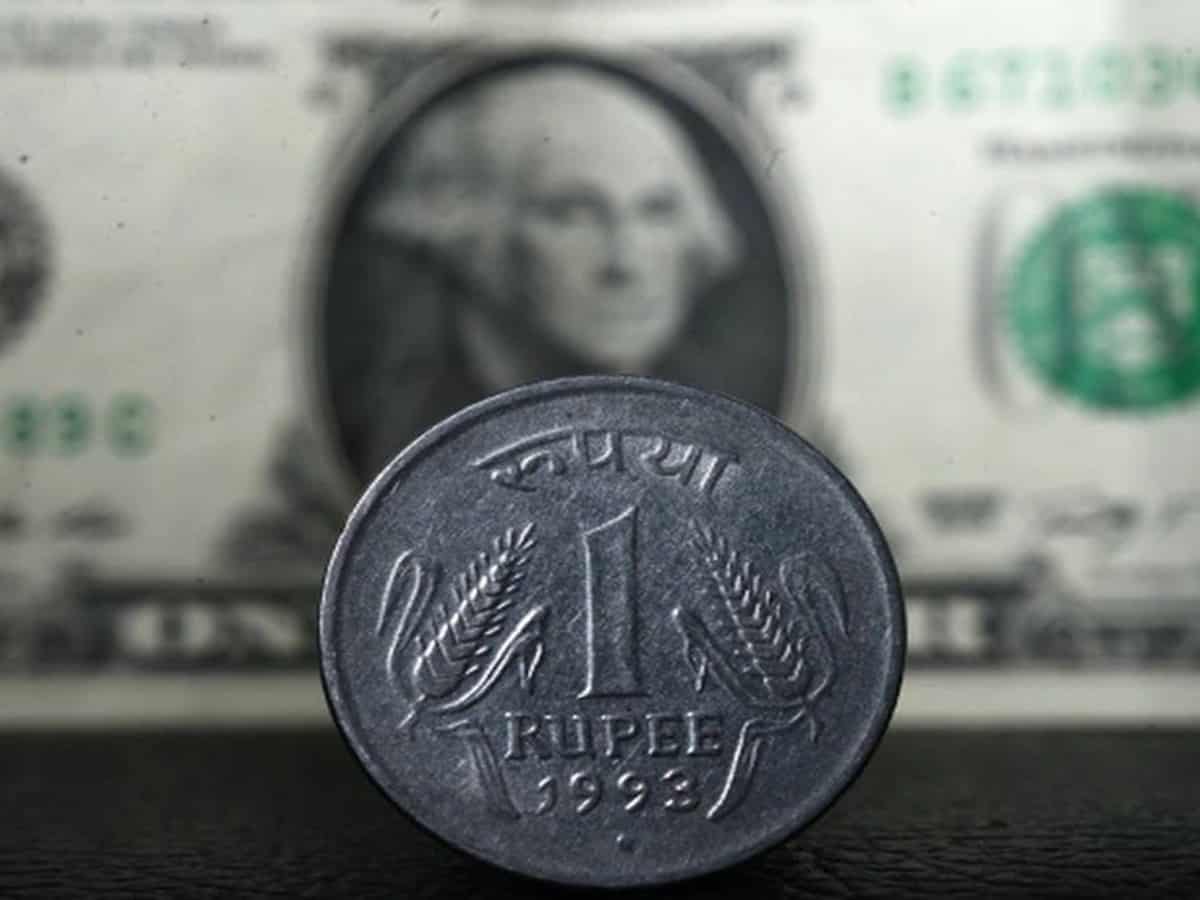
New Delhi: The Congress on Sunday targeted Prime Minister Narendra Modi on the issue of falling value of the Indian rupee against the US dollar, and sought answers from him.
Congress general secretary Jairam Ramesh said the falling value of the rupee impacts the pocket of every Indian due to rising fuel rates, inflation and higher EMIs for loans.
“Before 2014, the BJP would make big claims on the relatively smaller declines in the strength of the rupee. Remember the typically uncouth remarks made by the-then Gujarat CM, linking the rupee’s value and Dr. Manmohan Singh’s age? The rupee’s value fell below the self-proclaimed Vishwaguru’s own age a long time ago,” Ramesh said in a post on X.
“Today, amidst the drastic plunge in the value of the rupee, he is nowhere to be seen,” he said, asking “ChuppiTodoPradhanMantriji”.
The rupee depreciated 48 paise to settle at an all-time low of 83.61 against the American currency on Friday, tracking a surging greenback against major crosses in the overseas markets and weak Asian peers. The rupee had earlier recorded its lowest closing level of 83.40 on December 13, 2023.
The Congress leader said “when the BJP came to power in 2014, the price of one dollar to the rupee was Rs 59. Today, the BJP has increased this price from Rs 59 to Rs 84”.
“The weakening of the Indian rupee directly impacts your pocket: The value of the rupee decides at what price we get goods imported from abroad. In 2014, if any goods came from overseas for 1 dollar, we had to pay Rs 59. Today we must pay Rs 84 for that same good worth 1 dollar. The extra Rs 25 we are paying is because of the falling rupee,” he said.
He said when goods being imported from abroad come to the country at a higher price, people in turn will also get them at a higher cost.
India imports 80 percent of its crude oil and must pay for most of it in dollars, he said, adding India is now buying fuel at a higher cost due to the weakening of the Indian rupee.
“Every time you go to the petrol pump, the weakening of the rupee is having an impact on your pocket.
“When fuel becomes more expensive, the cost of transporting goods increases. All goods, including food, are becoming more expensive. When you go to the market to buy groceries, you are paying higher prices due to the weakening of the rupee,” Ramesh said.
When inflation increases, the RBI will also raise interest rates to control higher prices, he claimed.
“Due to an increase in interest rate by RBI, your loan EMI will increase. You are now paying more interest to the bank if you have a home loan, car loan, or education loan, all because of the weakening of the rupee,” the Congress leader added.
